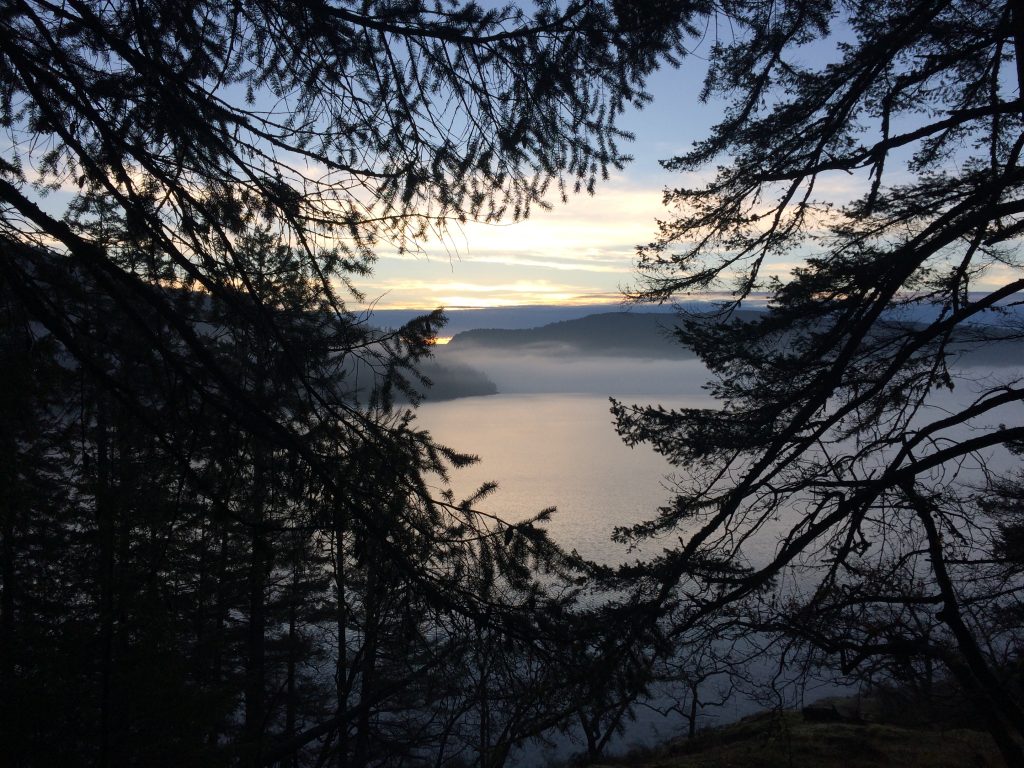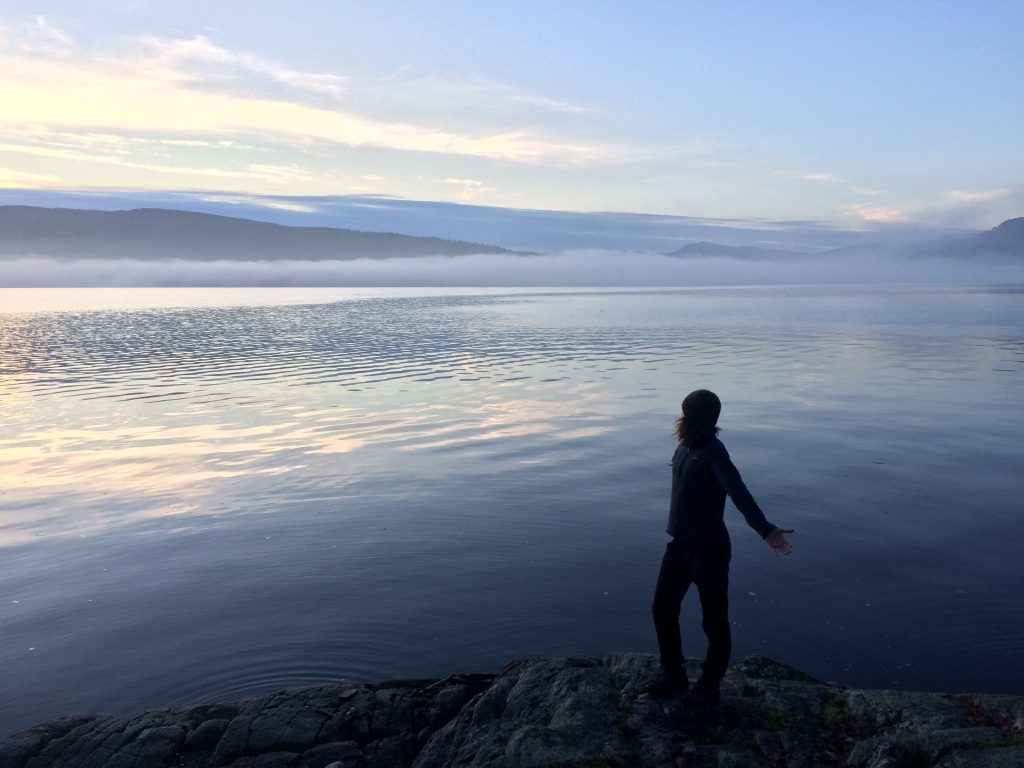A New Perspective on Personal Growth
One vital lesson that I’ve learned from my time as an Environmental Studies student is that many ecological concepts can easily be extrapolated for application within our own daily lives. It’s endlessly compelling to me how we can study the intricacies of an old-growth forest ecosystem to gain insight about relationships, resilience, diversity, struggle, and personal growth.
One of these major insights that I’ve been thinking about recently is the concept of ‘breakdown to breakthrough’- how positive change, growth, and transformation often emerge following catastrophic collapse.
In ecological terms, this is known as the process of succession. Ecosystems always develop from simple to complex; biomass, competition, and efficiency increase throughout the successional process. However, species diversity, connectedness, and overall system resilience is maximized at around mid-succession. As development inevitably continues towards the ‘climax’ ecosystem, only the most competitive and highly-specialized species can survive. Biodiversity is reduced, and the system becomes less resilient.
In order to re-set succession and prevent perpetual progression towards such a rigid climax ecosystem, external disturbance is essential (i.e. fire, flood, storms, etc.) In the aftermath of regular, natural disturbances, ecosystems have an opportunity to return to an earlier successional stage, experience new vitality, and regenerate to an even more complex, diverse, and resilient state.
In the context of personal growth, very similar principles can be applied. As we move through life as humans, we often strive for maximum efficiency and specialization by settling in to comfortable routines and developing a consistent individual identity. This mimics the tendency of ecosystems to always progress towards a highly-efficient and competitive climax state. In the same way that fires and floods ultimately improve the resiliency of ecosystems, stress and struggle are absolutely essential to becoming better versions of ourselves.
When an external disturbance like being fired from a job, moving to a new city, or losing a loved one eventually creates enough stress that we’re forced to abandon our previous identity, we initially experience devastating collapse. We may lose our sense of self, question the meaning of life, become fearful of the future, and feel disconnected from others. However, this vulnerable state presents an incredible opportunity for transformation. As we begin to establish a renewed identity, we’re also able to reassess our life trajectory, and ultimately emerge stronger, wiser, and more authentic. From this ‘breakdown’ comes a miraculous and unpredictable ‘breakthrough.’
So, I challenge you to be accepting of struggle. Be skeptical of stability, and embrace change with open arms. Never neglect an exciting opportunity out of a fear of failure or uncertainty. Throw yourself in to the world with bravery, honesty, and vulnerability. Be willing to collapse, and believe in your own ability to transcend the limits of what you previously thought possible.
I owe much of the wisdom behind this post to the teachings of two of my Environmental Studies professors- John Volpe (ES 240: Ecological Processes) and Duncan Taylor (ES 384: The Systems View of the World). Thank you for inspiring me to see the intrinsic connectedness between humans and our natural world.









Amazing Hannah thank you! I will refer back to this article at the next difficulty life will present me to recall the importance of failures.
Looking forward to more blog posts.